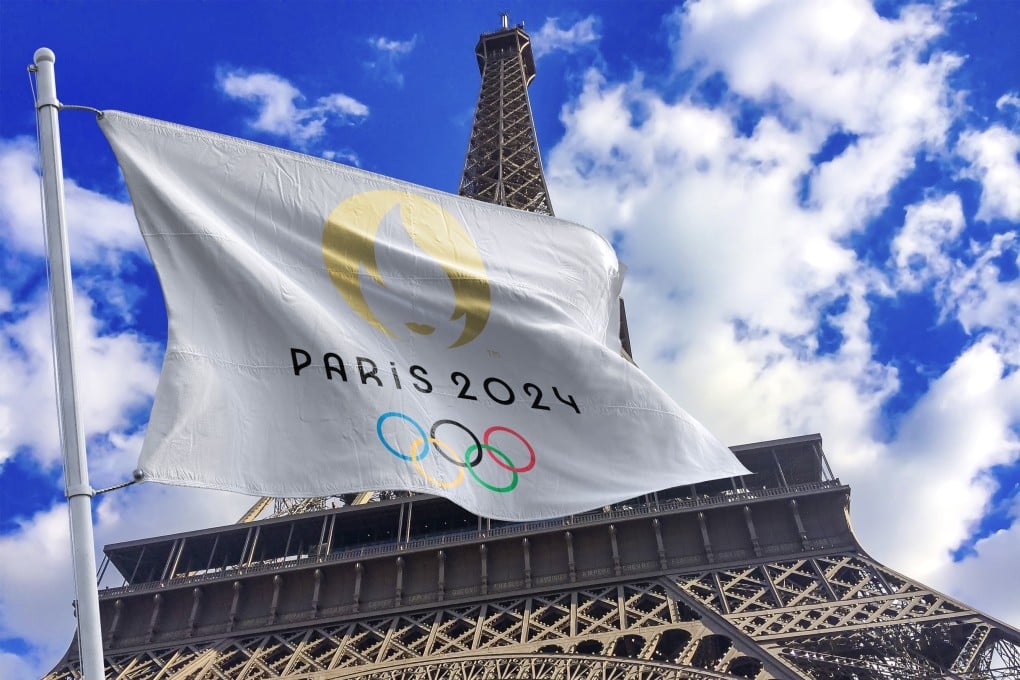Paris Olympics less polluting, not ‘carbon neutral’ – so what can Los Angeles 2028 learn?
This summer’s Olympics and Paralympics generated 1.59 million tonnes of carbon dioxide – a 54.6 per cent reduction from London and Rio

Organisers of the Paris Olympics said the Games were was far less polluting than their predecessors but they are not claiming to have been “carbon neutral” despite funding projects to compensate for their emissions.
This summer’s Olympics and Paralympics generated 1.59 million tonnes of climate-warming carbon dioxide, the organisers said, from the food athletes ate and construction of their rooms to flights that spectators took and energy that powered events.
According to a French government carbon-impact calculator, 1.59 million tonnes of CO2 is equivalent to driving a car 182,675 times around the globe or 898,305 return flights between Paris and New York.
Still, Paris Games organisers said they more than met their goal of slashing the Olympics’ pollution footprint by half – announcing a 54.6 per cent reduction in CO2 emissions from the London Olympics in 2012 and the Rio de Janeiro Games in 2016.
Here is a look at how they did it and tips they offered to future hosts, starting with the 2026 Milan-Cortina Winter Olympics and the next Summer Games in Los Angeles in 2028.
